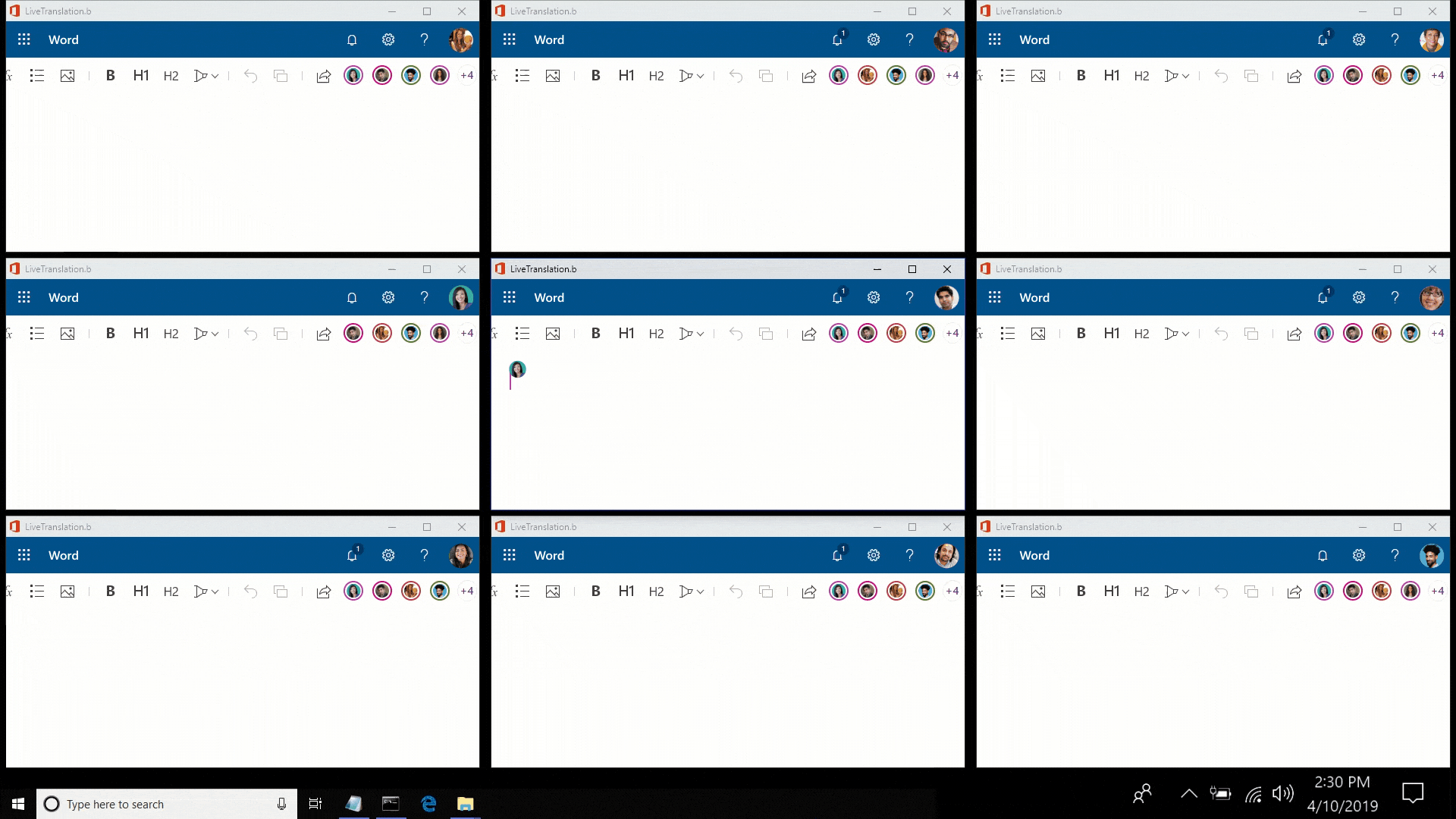Source: Microsoft
One of the most interesting (and confusing) news announcements of Microsoft’s Build developer conference earlier this year was the first public demo of the company’s Fluid Framework. Fluid is meant to make building collaborative real-time editing experiences easier for developers, but Microsoft is also building it into some of its own tools like Office and Outlook. It’s nothing less than a reimagining of what documents should look at feel like.
Today, at its Ignite conference in Orlando, Florida, Microsoft launched the first public preview of the Fluid Framework end-user experience, as well as a private preview for developers.
As Microsoft notes, the Fluid Framework has three main capabilities: the multi-person coauthoring features, the componentized document model, and the ability to plug in intelligent agents that can, for example, translate text in real-time or suggest edits. To some degree, this isn’t all that different from a Google Docs or even Microsoft’s own collaboration features in Office. But what’s new is that Microsoft is opening this up to developers and that it is looking at the Fluid Framework as a new way to deconstruct and componentize documents, which can then be used across applications.
Microsoft plans to build the Fluid Framework into lots of experiences across Microsoft 365, including Teams, Outlook, SharePoint, OneNote and Office. If you want to see it in action, you can now try the public preview to see what editing documents with it feels like.
Microsoft launches the first public preview of its Fluid Framework for collaborative editing



